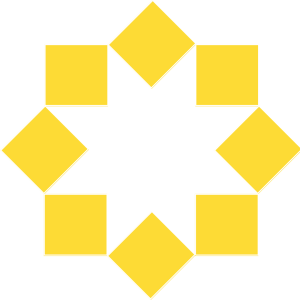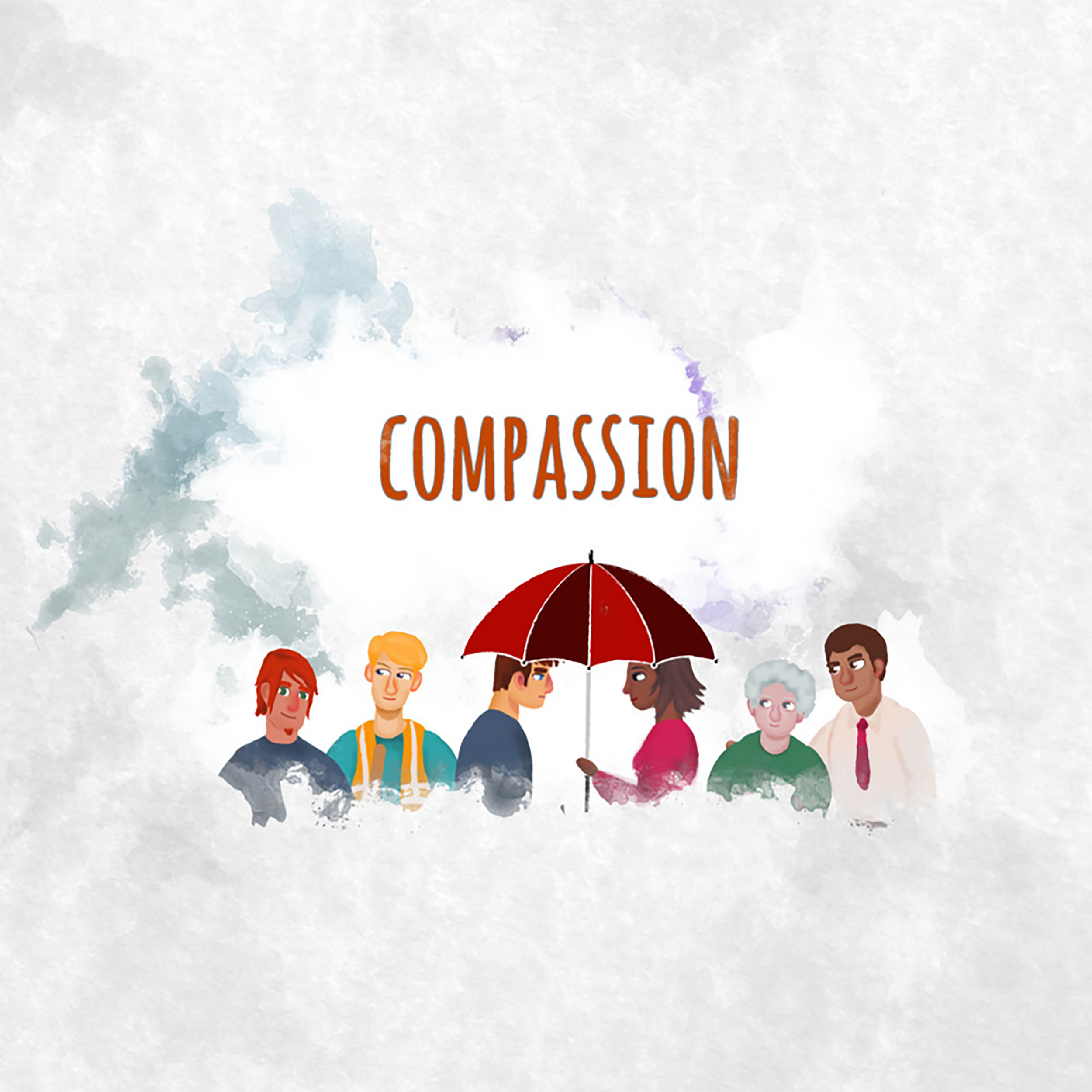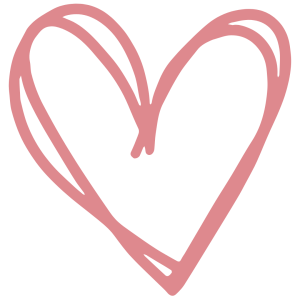
Suicide prevention in our communities
By: Sara McHaffie
September is Suicide Prevention Month and September 10th in particular is World Suicide Prevention day. We at Amina MWRC encourage you to take this opportunity to see what’s happening in your local area. You might be able to learn about suicide prevention and intervention which could help you in your work. You might be able to learn more about factors which are linked to suicide, which can end stigma and can mean our communities are better at supporting those at risk.

Suicide and suicidal thoughts can affect any of us, no matter our strength of character nor strength of faith. We might not suffer ourselves but our loved ones might, and it’s important that they know it’s ok to talk to us and seek support.
Poorna lost her husband to suicide and her community was not as supportive as they could have been, after her loss. “After Rob’s death, nobody felt comfortable directly talking about how he died. On some level I knew this before, but it is one thing to know something and another to experience it. The silence was deafening.”
This article tells of a rapper named Mona Haydar who lost a female friend to suicide, and of Bassema who lost her cousin.
This foundation was started after one man died through suicide in 2014. His partner campaigns to ensure that fewer people feel the shame and fear of isolation that may have contributed to Naz’s death.
Domestic abuse can be a factor in suicide. Sadly Emily Drouet died through suicide following physical and emotional abuse from her then boyfriend. Her mother now campaigns against domestic abuse among students and has made a real difference already.
We all have our own views about suicide, often informed by our faith and personal experiences. Nevertheless we can learn how to build supportive communities that can reduce the risk of suicide and also reduce mental ill-health. Follow this link to find some resources and make time to watch the film Ask, Tell, Save a Life which includes the fact that 2 people every day are lost to suicide.
We also have a Helpline that can act as a listening ear and signposting service to Muslim/BME women. It is available Monday through Friday 10AM to 4PM by calling 0808 801 0301 or on our website through online chat. We also have dedicated young women’s Helpline hours on Wednesdays between 6 and 9PM. Our Shaykh on the Helpline is a monthly service, and the Alima on the Helpline is weekly. Please watch our social media pages for updated information on when those services will run each week/month.

